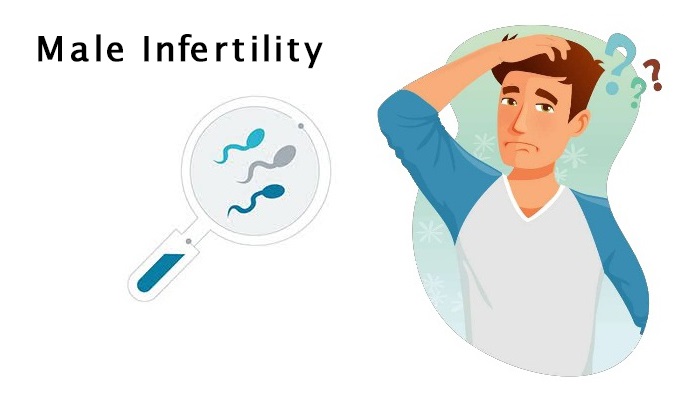Male Infertility
Introduction: Male infertility is a significant and often misunderstood aspect of reproductive health that affects millions of couples worldwide. While conversations around fertility frequently focus on women, it’s crucial to recognize that male factors contribute to infertility in approximately 40% of cases. This blog aims to shed light on male infertility, exploring its causes, diagnostic approaches, and potential treatment solutions.
Understanding Male Infertility:
Causes:
- Sperm Disorders:
- Low sperm count (oligospermia) or absence of sperm (azoospermia).
- Poor sperm motility or morphology issues.
- Testicular Issues:
- Varicocele (enlarged veins in the testicles).
- Undescended testicles or testicular injuries.
- Hormonal Imbalances:
- Problems with hormone production, such as low testosterone levels.
- Genetic Factors:
- Genetic conditions affecting fertility.
- Lifestyle Factors:
- Smoking, excessive alcohol consumption, drug use, and obesity can negatively impact fertility.
- Medical Conditions:
- Conditions like diabetes, infections, or certain medications may affect fertility.
Diagnosing Male Infertility:
Semen Analysis:
- Evaluating sperm count, motility, and morphology through a semen analysis is a crucial diagnostic tool.
Hormone Testing:
- Assessing hormone levels, especially testosterone and follicle-stimulating hormone (FSH).
Genetic Testing:
- Identifying any genetic factors that may contribute to infertility.
Imaging:
- Ultrasound or other imaging techniques to examine the reproductive organs.
Coping with Male Infertility:
Emotional Support:
- Acknowledge and address the emotional impact of infertility on mental health. Seeking counseling or support groups can be beneficial.
Lifestyle Changes:
- Adopting a healthy lifestyle by maintaining a balanced diet, regular exercise, and avoiding substances that can harm fertility.
Treatment Options:
- Medications:
- Medications may be prescribed to address hormonal imbalances or improve sperm production.
- Surgery:
- Surgical interventions can correct anatomical issues such as varicoceles or blockages.
- Assisted Reproductive Technologies (ART):
- Techniques like in vitro fertilization (IVF) or intracytoplasmic sperm injection (ICSI) can be employed.
- Donor Sperm:
- In cases where the male partner’s sperm is not viable, the option of using donor sperm may be considered.
Seeking Professional Help:
Couples experiencing challenges with conception should seek the expertise of a fertility specialist. Through a comprehensive evaluation, a fertility professional can determine the root cause of male infertility and recommend tailored treatment options.
Conclusion:
Male infertility is a common and treatable condition, and understanding its intricacies is essential for those navigating fertility challenges. By fostering open communication, seeking timely medical intervention, and exploring available treatment options, couples can increase their chances of achieving a successful pregnancy. Breaking the stigma surrounding male infertility is a crucial step toward holistic reproductive health and well-being for individuals and couples alike.

